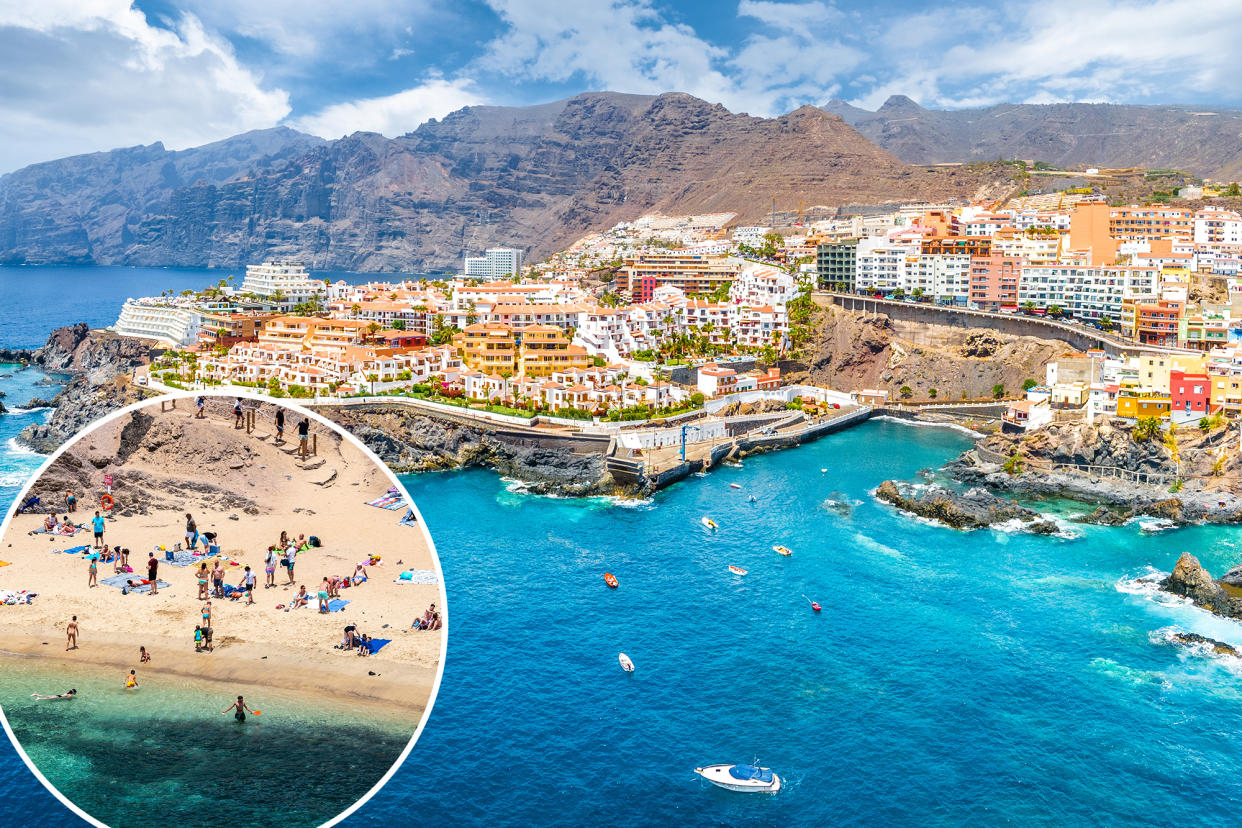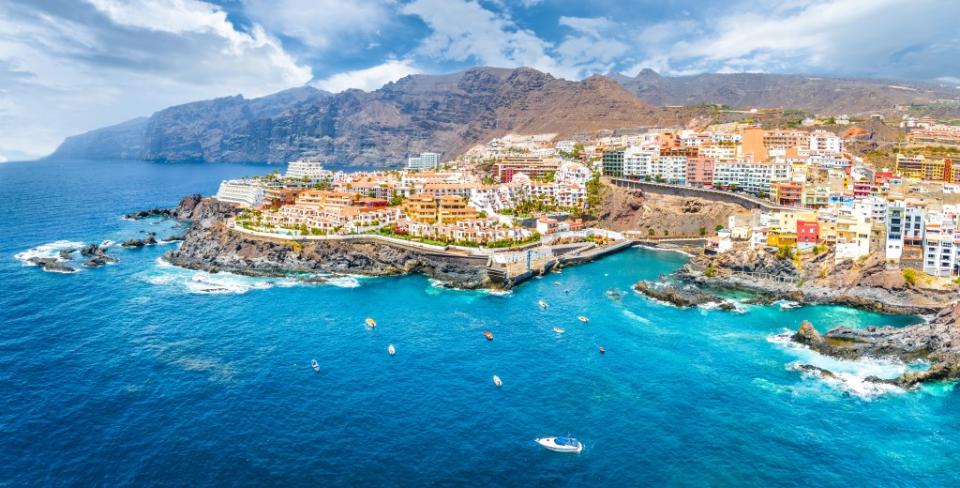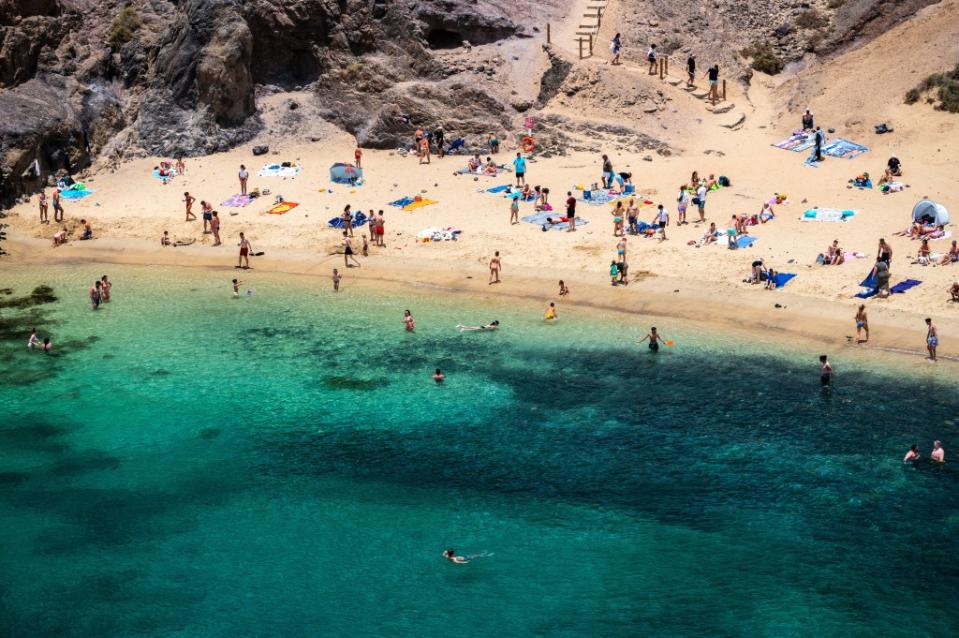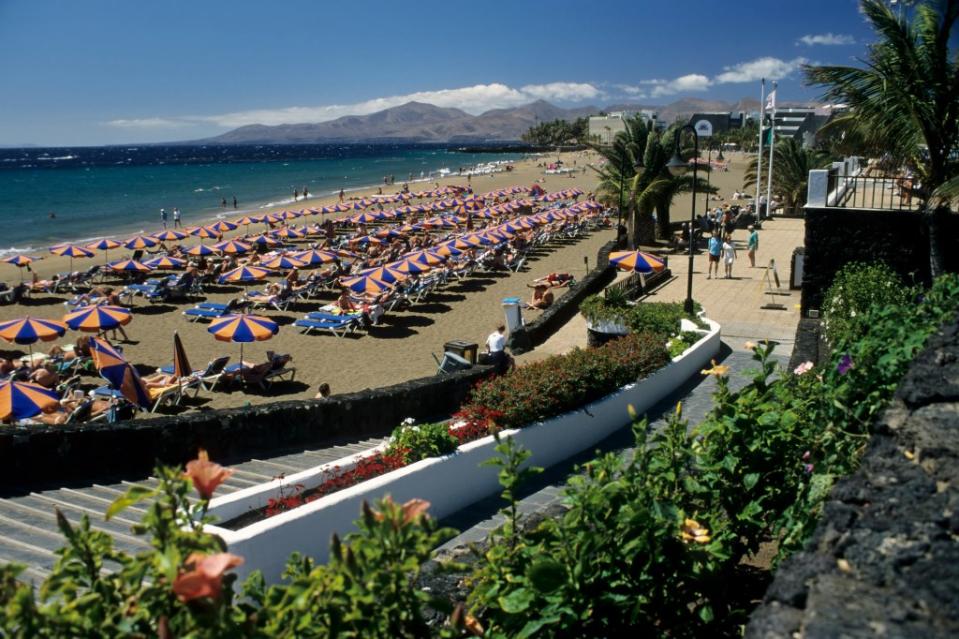Canary Islands residents call for hunger strike to protest explosion of tourists: ‘A cancer consuming the island’

Residents in the Canary Islands are planning protests and strikes as they fight against overtourism.
The Canary Islands, a Spanish archipelago sitting in the Atlantic Ocean off the coast of northwestern Africa, have been a hot spot for tourists for decades.
But they have become overrun by tourism in recent years — pricing out locals and diminishing their resources along the way.
The worsening conditions of the locals and the construction of two new hotels — the Hotel La Tejita and Cuna del Alma in Tenerife’s Puertito de Adeje — have led groups like Canarias Se Agota (“The Canary Islands Sold Out”) and Canarias se exhausts (“The Canary Islands are exhausted”) to form and subsequently organize protests.
The Canarias Se Agota called for a hunger strike that was set to begin on Thursday, and the Canarias se exhausta have called for Islands-wide protests on April 20.

According to local environmental organization Fundación Canarina, the number of tourists jumped from 11.5 million per year to around 16 million annually in the last decade, CNN reported.
In 2023 alone, the Canary Islands attracted 14.1 million foreign visitors, a record for the islands, according to Euronews.
With the skyrocketing number of visitors, locals are reportedly sleeping in cars and caves as soaring housing and rental prices have made the area unaffordable for many area residents.
Although government officials have argued that the economy is reliant on tourism, nearly 34% of the local population — close to 800,000 people — are at risk of poverty or social exclusion, a report from Ecologists in Action warned, Euronews reported.

Residents have tried placing fake “closed to overcrowding” posters and stickers around popular spots in attempts to keep tourists away.
“We have nothing against individual tourists, but the industry is growing and growing and using up so many resources, and the island cannot cope,” Ivan Cerdena Molina, who is helping organize the protests, told southern Spain’s The Olive Press.
“Airbnb and Booking.com are like a cancer that is consuming the island bit by bit.”

Along with driving prices up, locals complain that tourism is also causing environmental damage, as well as pressure on health services, waste management, water supplies and biodiversity.
Local government officials have proposed beginning conversations with politicians, experts and locals to create a plan of action to appease all parties and establish common guidelines.

